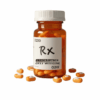Cardinol 100mg Tablets (28's) – Comprehensive Treatment for Hypertension and Heart Disease | Cardiovascular Health Support
Cardinol -100 Tablets (28's) is an effective medication for managing high blood pressure (hypertension) and treating heart disease. This product contains the active ingredient Amlodipine, a calcium channel blocker that works by relaxing the blood vessels, thereby lowering blood pressure and reducing the strain on the heart.
Cardinol is widely used to prevent stroke, heart attacks, and kidney problems that may arise from high blood pressure. It’s also commonly prescribed for patients suffering from angina (chest pain). As part of a comprehensive cardiovascular care regimen, Cardinol -100 helps improve heart function and protect against future complications related to cardiovascular health.
Key Benefits:
-
Helps manage high blood pressure effectively.
-
Reduces the risk of strokes and heart attacks.
-
Eases symptoms of angina by improving blood flow to the heart.
-
Provides long-term support for cardiovascular health.
How to Use Cardinol -100 Tablets F/C 28's
For managing high blood pressure and angina:
-
The standard adult dose is one 100mg tablet once daily. The dosage may be adjusted depending on your health condition and response to the medication.
-
Hypertension: Typically, one tablet is taken daily for effective blood pressure control.
-
Angina: Your healthcare provider may suggest a lower dose at first, depending on your symptoms and health response.
Take your Cardinol tablet at the same time each day, preferably with food, to reduce stomach irritation. If a dose is missed, take it as soon as you remember unless it’s close to your next scheduled dose.
Precautions
-
Pregnancy and breastfeeding: Use only if the benefits outweigh the risks. Consult with your doctor if you are pregnant or planning to become pregnant.
-
Liver or kidney problems: If you have liver or kidney issues, your doctor may adjust your dosage or monitor your health closely.
-
Allergies: Cardinol may cause allergic reactions, including swelling of the throat or face. Seek emergency medical attention if any signs of an allergic reaction appear.
-
Monitor your blood pressure: Keep track of your blood pressure regularly to ensure the medication is working effectively.
Potential Side Effects
-
Common side effects: Swelling of ankles or feet, dizziness, headaches, and flushing.
-
Serious side effects: Chest pain, difficulty breathing, and severe dizziness.
-
Other possible side effects: Fatigue, nausea, stomach pain, or rash.
Consult your healthcare provider if any side effects are severe or persist.
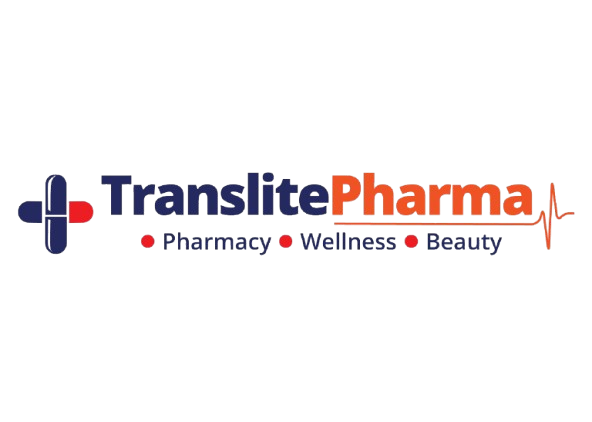


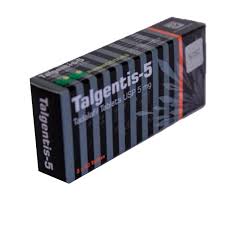

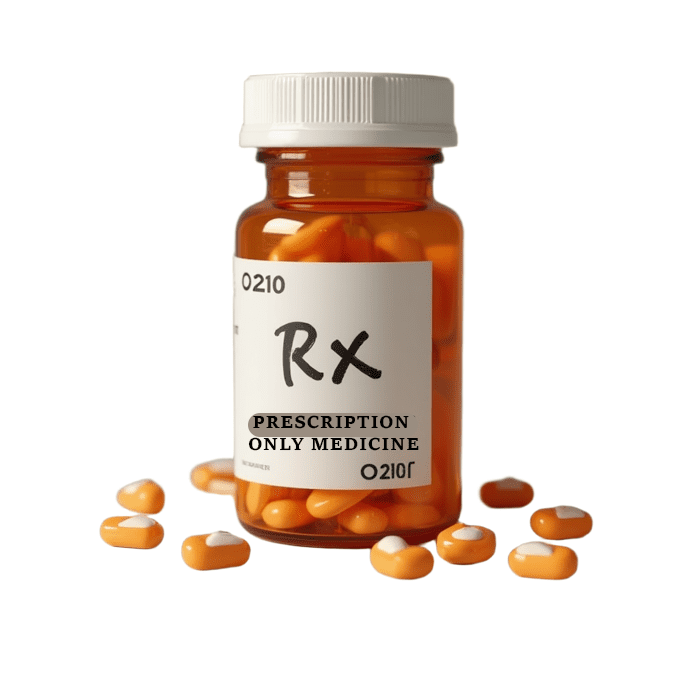

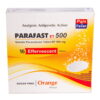

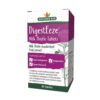
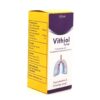


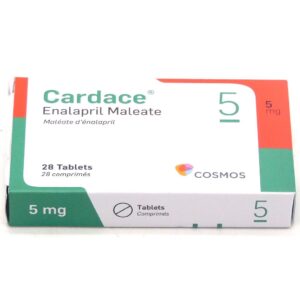
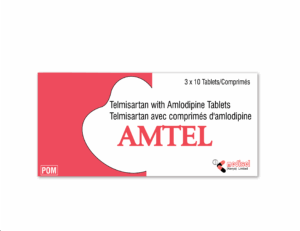

 No products in the cart.
No products in the cart. 